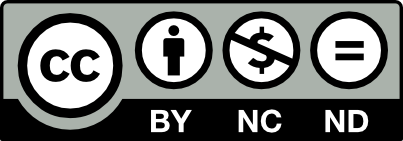Impediments in the decision-making process of a BRCA1 positive patient with breast cancer. The treatment in a multidisciplinary team, the role of the psycho-oncologist.
DOI:
https://doi.org/10.23823/jps.v3i2.61Abstract
In the last decade, the international literature has widely investigated what is successfully associated with decision making in the context of breast cancer and genetic high risk. What hinders decision-making in patients BRCA1/2 carriers is still not clear.
We are reporting the case of a young woman, 45 years old, affected by BRCA 1 pathogenetic mutation and previous breast cancer. We called her Pamela. She showed to the physicians her difficulties in making decisions about the preventive interventions of hereditary breast cancer (mastectomy, oophorectomy). She was referred by the surgeons to the psycho-oncologist in the context of the multidisciplinary work.
Our report describes the most important changes during her psychological treatment and it gives a contribution in studying the factors associated to the difficult in decision making paths. The case of Pamela shows us how the complexity of painful life events, fragility in personal identity, difficulties in processing grief can condition the process of choice of a patient in the health field.
Again, the case shows the complementarity of medical and psycho-oncological work in the multidisciplinary teams and the importance of collaborating between professionals.
Downloads
Downloads
Published
Conference Proceedings Volume
Section
License
Authors who publish in this journal agree to the following:
- Authors retain the rights to their work and give to the journal right of first publication of the work simultaneously licensed under a Creative Commons License - Attribution that allows others to share the work indicating the authorship and the first publication of this journal.
- Authors can accept other non-exclusive licensing agreements for the distribution of the published version of the work (eg. Deposit it in an institutional repository or publish it in a monograph), provided to indicate that the document was first published in this journal.
- Authors can spread their work online (eg. In institutional repositories or on their website) before and during the submission process, because it can lead to productive exchanges and increase the work published citations (See The Effect of Open Access) .









